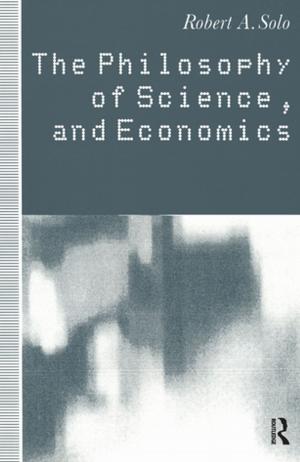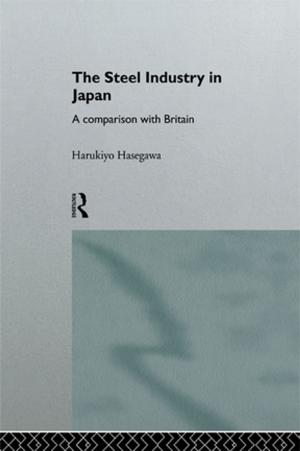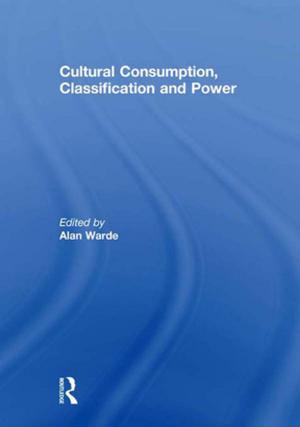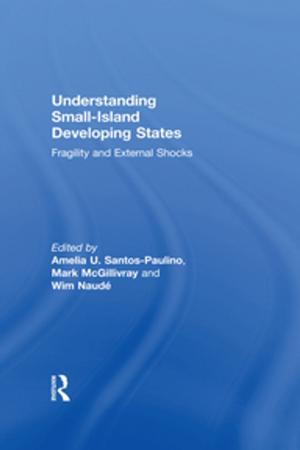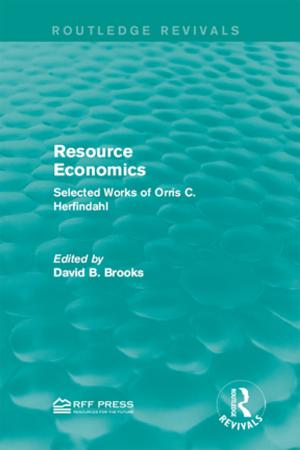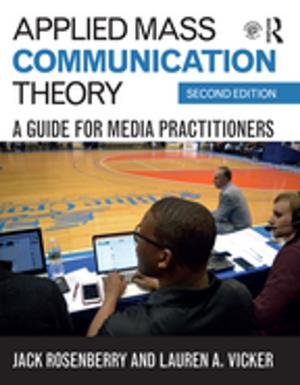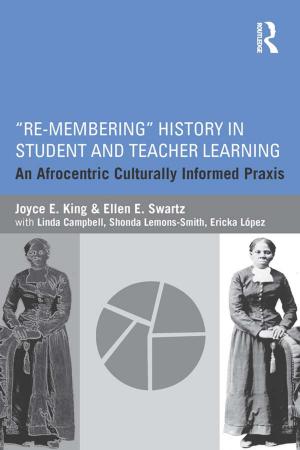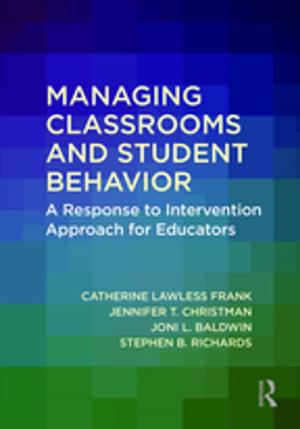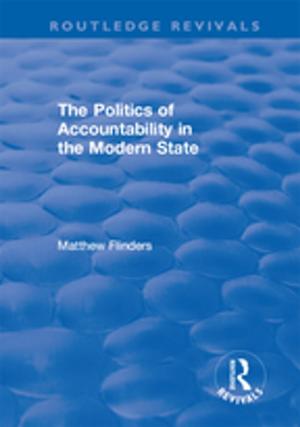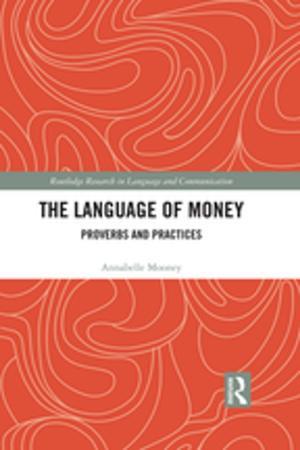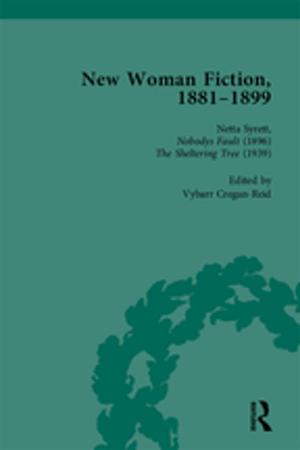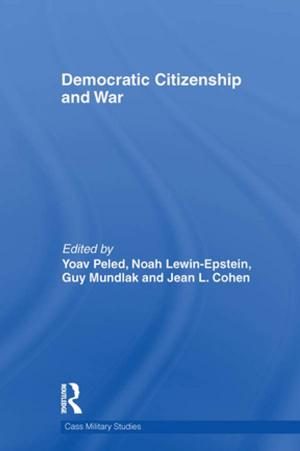| Author: | Neil Campbell, Alan Harries, Sinisa Stankovic | ISBN: | 9781136573231 |
| Publisher: | Taylor and Francis | Publication: | July 30, 2009 |
| Imprint: | Routledge | Language: | English |
| Author: | Neil Campbell, Alan Harries, Sinisa Stankovic |
| ISBN: | 9781136573231 |
| Publisher: | Taylor and Francis |
| Publication: | July 30, 2009 |
| Imprint: | Routledge |
| Language: | English |
Energy security, rising energy prices (oil, gas, electricity), 'peak oil', environmental pollution, nuclear energy, climate change and sustainable living are hot topics across the globe. Meanwhile, abundant and perpetual wind resources offer opportunities, via recent technological developments, to provide part of the solution to address these key issues.
The rapid growth of large-scale wind farm installations has now led to the generation of clean electricity for tens of millions of homes around the world. However, despite the potential to reduce the losses and costs associated with transmission and to use local wind acceleration techniques to improve energy yields, the potential for urban wind energy has yet to be realised.
Although there is increasing public interest, the uptake of urban wind energy in suitable areas has been slow. This is in part due to a lack of understanding of key issues such as: available wind resources; technology integration; planning processes (include assessment of environmental impacts and public safety due to close proximity to people and property); energy consumption in buildings versus energy production from turbines; economics (including grants, subsidies, maintenance); and the effect of complex urban windscapes on performance.
Urban Wind Energy attempts to illuminate these areas, addressing common concerns highlighting pitfalls, offering real world examples and providing a framework to assess viability in energy, environmental and economic terms. It is a comprehensive guide to urban wind energy for architects, engineers, planners, developers, investors, policy-makers, manufacturers and students as well as community organisations and home-owners interested in generating their own clean electricity.
Energy security, rising energy prices (oil, gas, electricity), 'peak oil', environmental pollution, nuclear energy, climate change and sustainable living are hot topics across the globe. Meanwhile, abundant and perpetual wind resources offer opportunities, via recent technological developments, to provide part of the solution to address these key issues.
The rapid growth of large-scale wind farm installations has now led to the generation of clean electricity for tens of millions of homes around the world. However, despite the potential to reduce the losses and costs associated with transmission and to use local wind acceleration techniques to improve energy yields, the potential for urban wind energy has yet to be realised.
Although there is increasing public interest, the uptake of urban wind energy in suitable areas has been slow. This is in part due to a lack of understanding of key issues such as: available wind resources; technology integration; planning processes (include assessment of environmental impacts and public safety due to close proximity to people and property); energy consumption in buildings versus energy production from turbines; economics (including grants, subsidies, maintenance); and the effect of complex urban windscapes on performance.
Urban Wind Energy attempts to illuminate these areas, addressing common concerns highlighting pitfalls, offering real world examples and providing a framework to assess viability in energy, environmental and economic terms. It is a comprehensive guide to urban wind energy for architects, engineers, planners, developers, investors, policy-makers, manufacturers and students as well as community organisations and home-owners interested in generating their own clean electricity.

